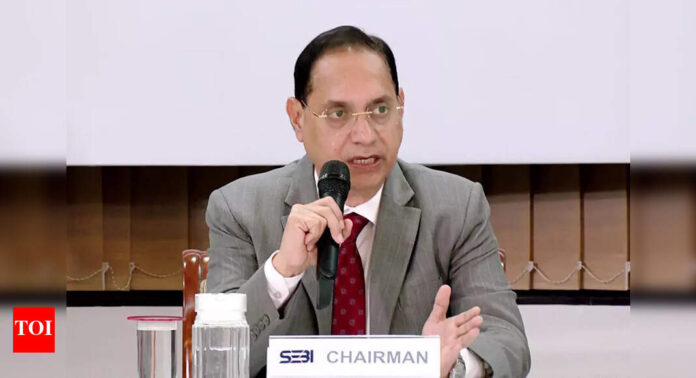Capital markets regulator Sebi stepped up surveillance for the stock market and warned that any kind of manipulation will not be tolerated. Sebi Chairman Tuhin Kanta Pandey made this clear on Saturday, a day after the regulator passed an interim order against US-based hedge fund Jane Street Group.Pandey said monitoring has been tightened both by Sebi and at the stock exchange level. When asked if similar behaviour had been seen with other foreign investors, he responded, “All what I can say that market manipulation is not going to be tolerated”.Earlier, on Friday, the regulator barred Jane Street Group from participating in the Indian securities market and ordered it to return illegal gains worth Rs 4,843 crore. The group has been accused of manipulating stock indices through positions in the derivatives market. This may be the highest ever disgorgement ordered by Sebi. In its interim order, Sebi prohibited four entities: JSI Investments, JSI2 Investments Pvt Ltd, Jane Street Singapore Pte Ltd, and Jane Street Asia Trading, from trading until further notice, while investigations continue. Later in the day, at an event hosted by the Bombay Chartered Accountants Society, Pandey also stressed the importance of transparency and ethics in corporate governance. He told chartered accountants that disclosing related party transactions, managing conflicts of interest, and reporting key developments on time were “non-negotiable responsibilities”. “You have a critical responsibility to ensure that corporate governance is not reduced to a checklist,” he said, addressing the CAs. Pandey also said that excessive compliance requirements can become burdensome and may not always serve their intended purpose. “We are also mindful that too much of information, too much of compliance adds to a big compliance burden which may not actually serve the interest that we really intend to serve,” he said. “We would also like to see wherever we have the possibility of doing better results with less compliance, less information, less onerous responsibility and less micromanagement on the part of regulator,” he added, inviting suggestions for improvement.



